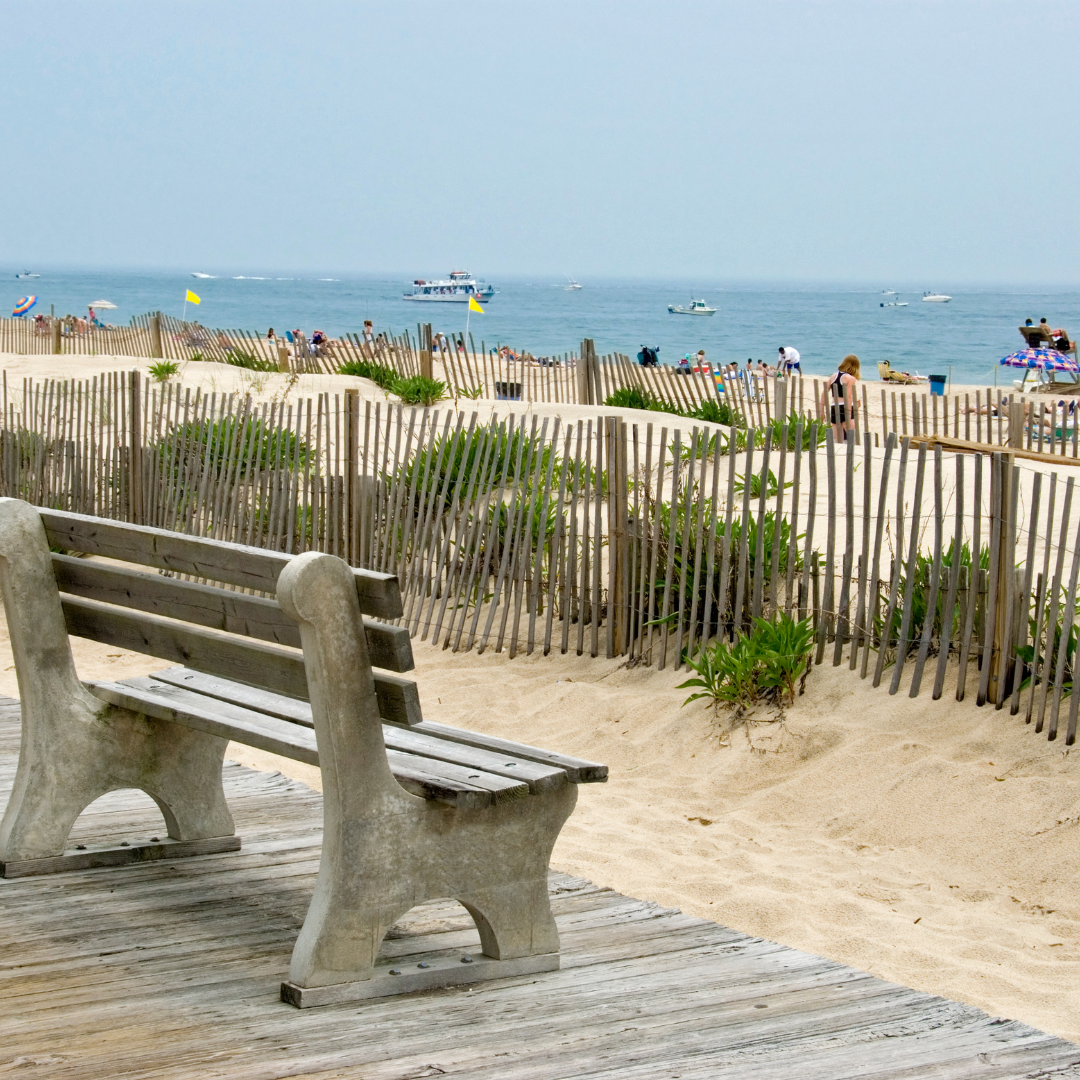Summer in Middlesex County brings endless possibilities—from beach trips to backyard gatherings with friends. Yet many of us feel torn between wanting to create wonderful memories and staying responsible with our money. The good news? You don’t have to choose one or the other.
Why Summer Feels So Expensive
Summer costs more than other seasons. Air conditioning bills spike when temperatures soar. Kids need entertainment during school breaks. Weekend barbecues seem to happen weekly. Before you know it, your grocery budget has doubled from all those impromptu gatherings.
Planning Without Ruining the Fun
Start by thinking about what summer means to your family. It could be that annual week at the shore. It may be trying every ice cream shop within driving distance. Whatever brings you joy, write it down and estimate what it might cost.
Here’s what works for many families: treat summer like any other financial goal. Suppose you want to spend an extra thousand dollars on fun activities; figure out how to save roughly eighty dollars each month starting in January. Suddenly, summer spending feels manageable rather than overwhelming.
Creative Ways to Save During High-Spending Season
Bank Your Unexpected Money
Tax refunds, overtime pay, or gift money can easily disappear into daily expenses. Instead, immediately transfer these windfalls into a separate savings account. You won’t miss money you never counted on having.
Try the Envelope Method for Entertainment
Withdraw your monthly entertainment budget in cash and divide it into weekly amounts. When the cash runs out, your entertainment spending stops. This old-school approach works surprisingly well for discretionary summer spending.
Make Saving Automatic
Set up automatic transfers to savings before summer arrives. Even twenty-five dollars weekly adds up to over three hundred dollars by September. Your checking account balance will adjust, but your savings will grow steadily.
Affordable Summer Adventures Close to Home
Living in New Jersey gives us incredible advantages. Drive fifteen minutes, and you’re at a beautiful park. Drive thirty minutes, and you’re at the shore. Drive an hour, and you’re exploring historic towns or hiking scenic trails.
Local farmers’ markets provide entertainment while supporting community businesses. Many markets offer free activities for children, making grocery shopping a fun family outing. Community pools cost significantly less than water parks while providing the same cooling relief.
Consider hosting rotating potluck dinners with neighbors. Everyone contributes one dish, but you all enjoy a feast. Kids play together while adults relax—exactly what summer evenings should feel like.
Making Vacation Dreams Affordable
Vacation planning can be intimidating for many people, but it doesn’t require a travel agent or extensive research. Start with your non-negotiables. You may need access to the ocean, or you may require a kitchen to prepare meals. Identify what matters most, then find ways to save on everything else.
Traveling during the week instead of weekends often cuts costs dramatically. Booking accommodations with kitchens allow you to eat breakfast and lunch in your room while splurging on dinner out. These minor adjustments can reduce vacation costs by hundreds of dollars.
Consider destinations within driving distance to avoid airline expenses. New Jersey offers incredible diversity—beaches, mountains, historic sites, and charming small towns all within a few hours’ drive.
Balancing Present Joy with Future Security
Enjoying summer shouldn’t mean neglecting your long-term financial health. If money feels tight, examine your regular expenses before touching retirement contributions or emergency savings. We can find money by temporarily reducing subscription services or dining out less frequently during weekdays.
Credit cards can be helpful tools for managing summer expenses, but only if you pay them off quickly. Calculate the total cost of your summer plans, then divide by three or four months to determine your payoff timeline. If the monthly payment feels uncomfortable, scale back your plans.
Staying Motivated When Temptation Strikes
Every summer brings unexpected opportunities—last-minute concert tickets, spontaneous weekend trips, or sales on items you’ve wanted. Having a small buffer in your budget for these moments prevents them from derailing your overall financial plan.
Remember that saying no to some things means saying yes to what matters most. Skipping expensive weekend activities might fund your dream vacation. Choosing free community events over paid attractions might allow for more frequent gatherings with friends.
Looking Ahead
As summer winds down, review what worked and what challenged your budget. Did automatic savings transfers help or hurt? Were your entertainment estimates realistic? Use these insights to plan for next year.
Start a dedicated summer fund in September when the memory of summer expenses is fresh. Even small monthly contributions throughout fall and winter will make next summer feel more affordable and less stressful.
Your Summer, Your Way
Personal finance advice is most effective when tailored to your specific situation and values. Your perfect summer might involve camping trips and hiking, while your neighbor prefers museum visits and cultural events. Neither approach is right or wrong—what matters is aligning your spending with your priorities while maintaining your financial stability.
At URSB, we see how thoughtful planning helps our customers enjoy everything summer has to offer without compromising their financial goals.
Summer should bring joy, relaxation, and treasured memories. With some planning and creativity, you can create the summer you want while building a stronger financial foundation for the future.






